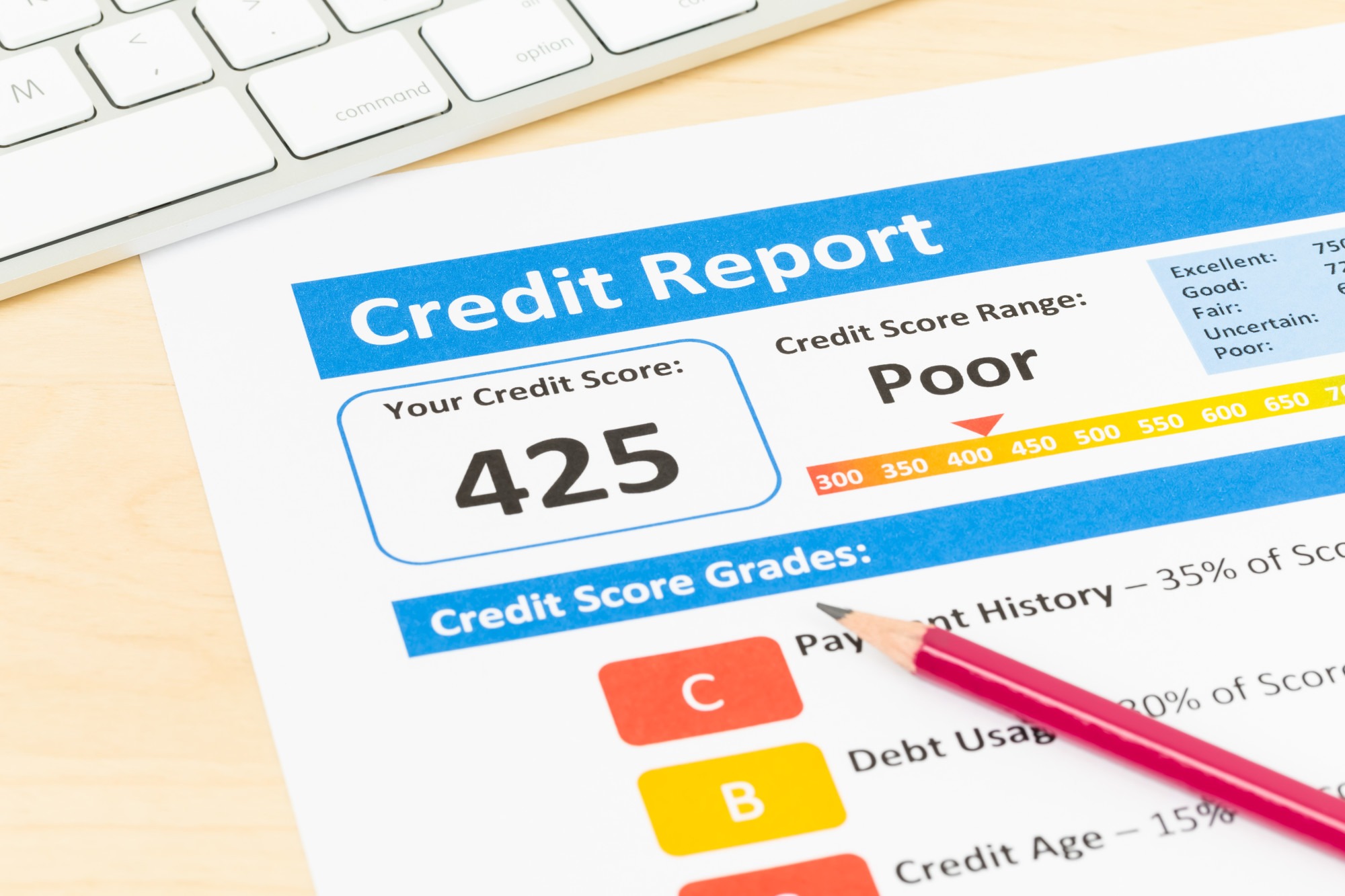The Ultimate Guide on How to Read a Credit Report
Were you denied for a credit card again? Are you tired of trying to guess why creditors won’t lend you anything?
Are you trying to understand how to read a credit report? If so, then you’ve come to the right place. Read on to learn everything you need to know about your credit report and score.
What’s Your Score, and What Does it Mean?
The first thing you’ll notice about your credit report is your score. This three-digit number is what most lenders will have their eyes on. So, what does it actually mean?
Credit scores range from 300 to 850. Scores at the higher end of the spectrum mean you’ll get lower interest rates. A high score means you pay bills on time, don’t over-extend your credit, and have a good reputation.
Scores at the low end mean you’ll get viewed as risky for lenders. That means you’ll have high interest rates and trouble getting loans.
There are several types of credit scores, but most use similar models to calculate the score. In general, good financial decisions will result in a higher score.
Verify Your Data, Accounts, and Inquiries
Once you see your score, you’ll want to find out why it is what it is. So, what goes into making a credit score? Here are some of the most important factors:
- Your payment history (late or unpaid debts)
- Your credit utilization ratio (used credit versus your credit allowance)
- The types of credit accounts you have
- New credit inquiries
- Your credit history (the age of your accounts)
While looking through your report, take note of all the accounts listed. Verify that all your personal data is correct and the accounts are actually yours.
Many people first learn about identity theft from their reports. If you see an account that’s not yours, then it deserves attention.
Also, take note of any hard inquiries on your report. These hard pulls happen when creditors check your credit. These happen when you apply for a credit card or a loan.
They’re important because too many hard pulls can lower your score. So, don’t apply for any new lines of credit unless you intend to use them.
What to Take From Your Credit Report
Once you’re done looking over your credit report, a few things should pop out at you.
If there’s anything wrong with your report, then you need to deal with it right away. Consider using services, like the ones offered at www.disputebee.com, to remove the errors.
Otherwise, take note of what’s causing your score to drop. Are you often late with payments? Are you using too much of your available credit?
Use the information you learn to make better financial decisions. You should see your score start to rise in no time!
Knowing How to Read a Credit Report
We didn’t learn how to read a credit report in school. Yet, this crucial skill can help us build a better financial future.
If you don’t pay attention to your score, then you’ll have trouble getting loans. It could also impact your ability to get a job, rent a home, or apply for credit cards.
Take control of your financial future and start working on your credit today. Are you looking for more financial advice? If so, then check back on our blog on a regular basis to see our latest content.






